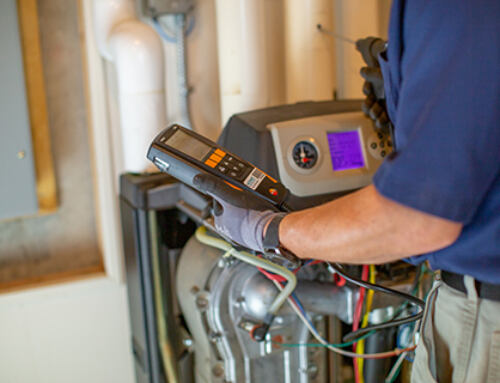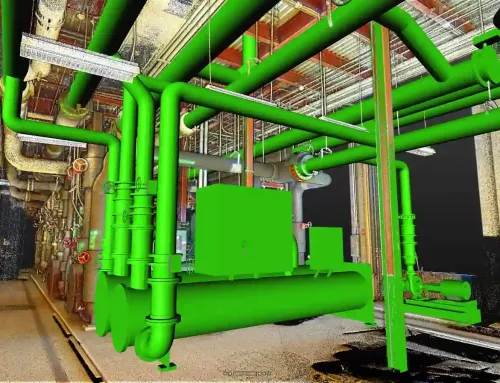
Energy Efficiency and Long-Term Savings
A tankless water heater only heats water when needed, unlike traditional tanks that continuously maintain a set temperature. This on-demand operation reduces standby heat loss, leading to lower energy consumption. Over time, these energy savings can significantly reduce utility bills, providing a strong return on investment.
Pros:
- Energy Efficiency: Tankless water heaters are typically more energy-efficient than traditional models since they only heat water when needed, reducing energy consumption.
- Space-Saving: They are compact and can be mounted on a wall, freeing up floor space.
- Continuous Hot Water: Provides a continuous supply of hot water, ideal for households with high water usage.
- Longer Lifespan: Tankless models usually last longer (20+ years) compared to traditional water heaters.
- Lower Utility Bills: Reduced energy usage often results in lower utility bills, unless your children take advantage of the endless hot water!
Cons:
- Higher Initial Cost: Tankless units are generally more expensive to purchase and install.
- Limited Flow Rate: If multiple high-demand appliances or fixtures are used at once, the unit may struggle to supply hot water to all of them. Groundwater temperature can also affect the volume of hot water available — the colder the groundwater, the lower the hot water volume.
- Potential Retrofitting Costs: Installing a tankless water heater may require upgrades to gas lines, venting systems, or electrical components.
- Delayed Hot Water: It may take longer for hot water to reach your tap compared to a traditional water heater. This can be mitigated with installation of a recirculation pump.
- Maintenance Requirements: Regular maintenance, including descaling and flushing, is necessary to prevent mineral buildup, especially in areas with hard water.
More Information:
Extended Lifespan and Reduced Maintenance
With the addition of a softener and filtration system and proper maintenance, tankless water heaters typically last 20 years or more, compared to the 8-10 year lifespan of a tank heater. While the initial cost may be higher, the longer lifespan and reduced need for replacement offer better value in the long run.
Space Savings and Flexibility
Tankless systems are compact and wall-mounted, freeing up valuable space in utility rooms, basements, or garages. This added space can be used for other storage or purposes, contributing to a more organized and efficient home environment.
Continuous Hot Water Supply
Since tankless water heaters heat water on demand, they provide a continuous supply without the limitations of a storage tank, provided the piping is sized correctly and the unit has the appropriate Gallons Per Minute (GPM) rating. This is especially beneficial for larger households or those with high hot water usage.
The quantity and size of hot water-using appliances and fixtures (washers, showers, sinks, dishwashers, etc.) being used simultaneously may cause the unit to struggle to keep up if an inadequate model is installed.
Environmental Benefits
Reduced energy consumption means lower carbon emissions. Many modern tankless units also come with improved technology for greater fuel efficiency, further contributing to sustainability goals.
Possible Incentives and Rebates
Depending on your location, there may be federal, state, or local incentives for upgrading to an energy-efficient tankless water heater.











